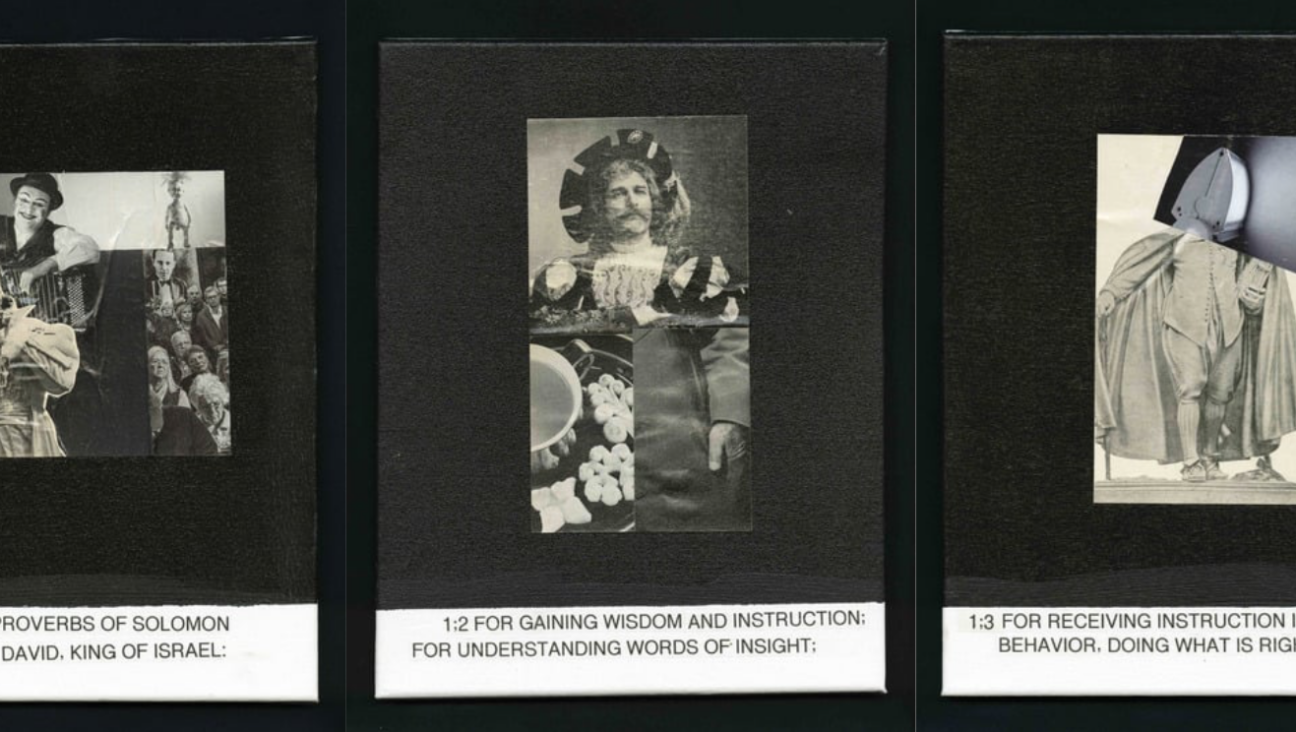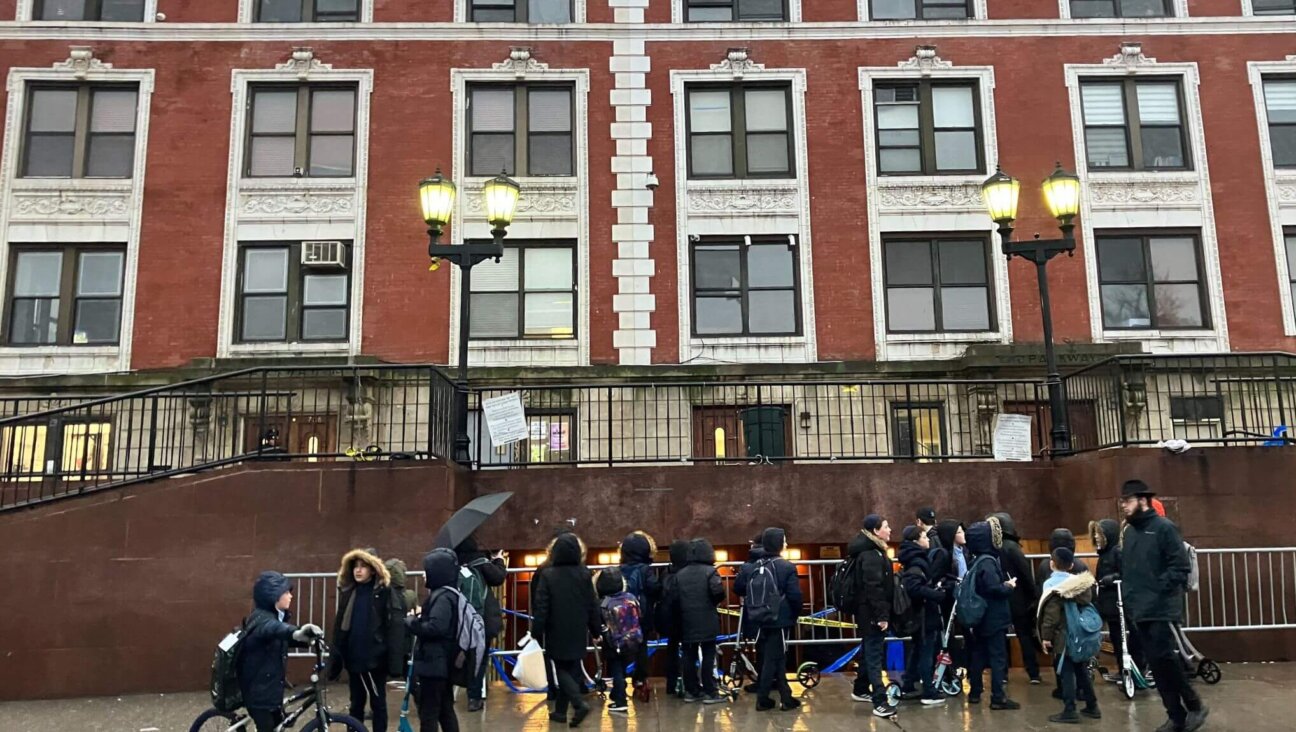Disgraced German Reporter Fabricated Details In Nazi Resistance Interview

Der Spiegel offices Image by Getty Images
It was one of Claas Relotius’s most widely praised pieces, an interview with 99-year-old Traute Lafrenz, the last surviving member of the famous Weisse Rose (White Rose) Nazi resistance group.
But when an investigation found that Relotius, 33, a star reporter at Der Spiegel, one of Germany’s leading news magazines, had a very lax understanding of what passed for journalistic fact, suddenly his entire output of roughly 60 articles he had contributed since 2011 came under suspicion.
Earlier this week, Spiegel fired Relotius for embellishing or outright fabricating details in articles that probed such explosive topics as an American vigilante group patrolling the Mexican border, how a child’s graffiti helped ignite the Syrian Civil War, a small town of Trump supporters in rural America and profiles of an Iraqi training to be a suicide-bomber and of a Yemini prisoner held in Guantanamo.
But of all Relotius’ fabrications, the way he tinkered with Lafrenz’s testimony seems an especially grievous offense. Over 80 years after the war, Germany remains hypersensitive about how this dark chapter in its history is portrayed. Any indication of made up details up about the Nazi era seems especially repugnant, as it could empower neo-Nazis and Holocaust deniers.
In the wake of the revelations about Relotius’ professional behavior, Spiegel’s editors have scrambled to identify the falsehoods Relotius sprinkled into his articles. The disgraced reporter has returned several accolades, including two CNN Journalist Awards (one of them for “Journalist of the Year”) in 2014, given for a feature he had written for the Swiss magazine Reportagen. In their ongoing series of online updates dedicated to “Der Fall Relotius,” Der Spiegel is both trying to win back the public’s trust and explain how Relotius managed to sneak past so many falsehoods at a publication that is famous for its army of fact checkers..
Pending a full review, Relotius’ articles are still available on the Spiegel website, all prefaced by the following disclaimer: “According to SPIEGEL research, the reporting by Claas Relotius is suspected of extensive counterfeiting and manipulation by the author.”
On December 20, Spiegel publicized its findings that Mr. Relotius had invented key passages and details in his nearly 5000-word interview with Lafrenz, which ran in the September 21, 2018 issue of the weekly magazine.
The Weisse Rose was an anti-Nazi resistance group founded by students at the University of Munich in 1942. Its members distributed leaflets in several German cities that called attention to the crimes of Hitler’s regime. In 1943, the Gestapo executed six of its members, among them the brother and sister Hans and Sophie Scholl.
Lafrenz, who had helped to circulate flyers in her hometown of Hamburg, was arrested by the Gestapo and spent the last year of the war in prison. She was liberated by the allies a mere three days before a new trial date in April 1945 that would have likely resulted in a death sentence. After the war, she immigrated to America, where she completed the medical studies she had begun in Munich. Prior to retiring to South Carolina, she led a school in Chicago for students with developmental disabilities and championed the Anthroposophy of Rudolf Steiner.
Relotius did indeed meet with and interview the nonagenarian at her home in Yonges Island, but, consistent with the pattern that is emerging about his journalist practices, he put words in her mouth, fabricating or embellishing details about the workings of the Weisse Rose and parallels to the political situation in Germany then and now. Less egregiously, he also inflated the duration of their interview. (According to Lafrenz’s daughter in law, it lasted 45 minutes at most, not the two hours that he claimed).
Contacted by a Spiegel editor twice by telephone on Wednesday to comment on the Q&A that ran, Lafrenz called portions of Relotius’ article “abysmal.”
From the apology posted on Spiegel’s site, it was unclear whether Lafrenz had read the interview prior to their attempts to contact her on Wednesday. (It seems likely that the fact that many of Relotius’ subjects did not have access to the German magazine served to safeguard against his falsehoods and inaccuracies coming to light.)
“On a Sunday afternoon in August,” wrote Relotius, “the same day when a city festival in Germany, more than 7000 kilometers away in Chemnitz, Saxony, spirals out of control and neo-Nazis start to march, Lafrenz sits in the rocking chair on her veranda and looks out at an inlet of the Atlantic Ocean.” In August, the fatal stabbing of a 35-year-old carpenter in the eastern city set off waves of violent protests by far-right radicals after a Syrian and an Iraqi were named as main suspects in the killing. (The Iraqi has since been released)
Moments into their interview, Relotius quotes Lafrenz telling him that the pictures of the xenophobic uprising pictures that she has seen in an American newspaper made her “blood run cold.”
“What did you see in the photos?” Lafrenz is asked. The question elicits a powerful answer: “Germans, they stretched their right arms in a Hitler salute on the open road, just like before. I’m old, but I still grasp everything. The way people talk about refugees as if they were criminals or cattle these days makes me prick up my ears. I also know what politicians in the Bundestag are saying once more. ‘Lying press,’ ’Enemies of the people,’ ‘Take pride in the Wehrmacht?’ They don’t even know what they’re talking about, but people always use the same tricks. That’s how it starts.” Strong words indeed. Except Lafrenz claims never to have said them.
This condemnation of xenophobia and nativism in today’s Germany, delivered with aplomb by a moral authority of the highest stature, appears to have been Relotius’ boldest fabrication, although according to Spiegel’s update, Lafrenz was also outraged by other passages that her interviewer had embellished, including a reference to “secret meetings” held by the teacher and Weisse Rose sympathizer Erna Stahl (they were non-clandestine reading sessions, Lafrenz clarified), her description of Helmut Schmidt, the future chancellor of West Germany who was one of her classmates, as “a motor mouth” and some melodramatic turns of phrase that Relotius attributes to her.
It is difficult to know what further inaccuracies and inventions the interview may contain, since Spiegel reports that Lafrenz, out of irritation or impatience, did not care to go through the whole text sentence-by-sentence. “Isn’t that enough for you?” she told the persistent editor before hanging up.
In Germany it is standard journalistic practice to allow sources to review and authorize their quotes prior to publication. Since this is highly unusual in American journalism, Relotius was able to embellish the interview on a scale he might not have been able to in a German context. Asked by his editors to produce the tape of the interview, Lafrenz claimed that none existed, a claim disputed by Lafrenz’s daughter-in-law, who recalls that he recorded with his cell phone.
At the outset of the interview, Relotius portrays himself as a crusading journalist confronting the unsung hero, reluctant to be recognized for her long-ago heroism. “It’s a chapter of German history that only you can tell us about,” he begs her. But any educational intent has been severely undercut by this week’s disclosures.
With much of Germany reeling from the revelations, right wing politicians and activists wasted little time denouncing the “fake news” originating from the country’s most prominent newsmagazine, which has maintained a critical stance on the Trump Presidency and the political rise of the right-wing populist party AfD (Alternative for Germany). Social media has been aflutter with fresh accusations of Spiegel as the “Lügenpresse” (“Lying Press”), a term favored by the Nazis. Beyond the individual falsehoods and inaccuracies in Relotius’ articles, including his interview with Lafrenz, the most worrying thing about his scandal is how it undermines the integrity and authority of German media at this moment of political uncertainty.
A.J. Goldmann is a Munich-based journalist and critic. He is a frequent contributor to the Forward.
A message from our Publisher & CEO Rachel Fishman Feddersen

I hope you appreciated this article. Before you go, I’d like to ask you to please support the Forward’s award-winning, nonprofit journalism so that we can be prepared for whatever news 2025 brings.
At a time when other newsrooms are closing or cutting back, the Forward has removed its paywall and invested additional resources to report on the ground from Israel and around the U.S. on the impact of the war, rising antisemitism and polarized discourse.
Readers like you make it all possible. Support our work by becoming a Forward Member and connect with our journalism and your community.
— Rachel Fishman Feddersen, Publisher and CEO
























